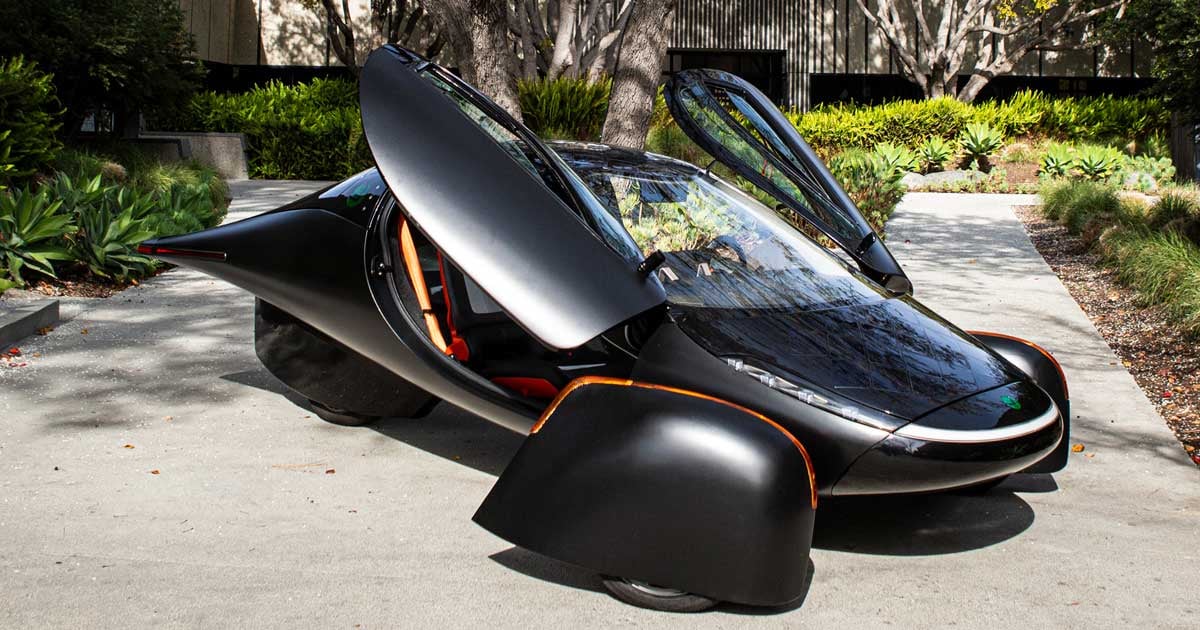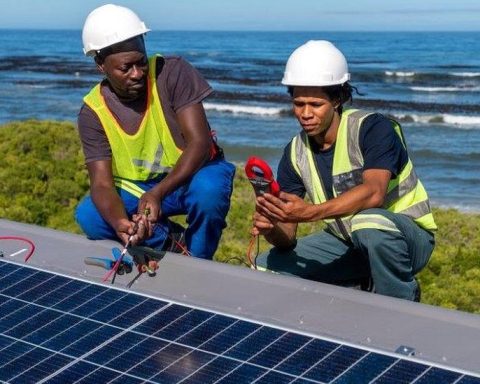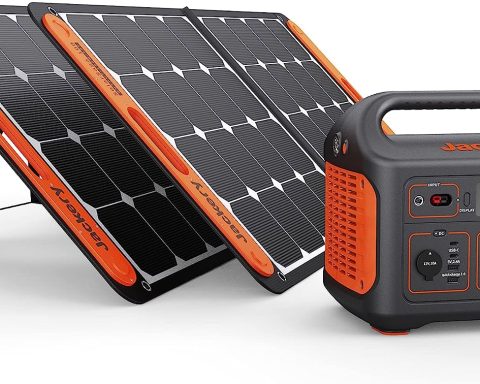As the world shifts towards cleaner and more sustainable modes of transportation, solar-powered cars have emerged as a fascinating innovation. These vehicles harness the power of the sun to propel us forward, reducing our carbon footprint and promoting a greener future. In this post, we will dive into some of the best solar-powered cars in the world, showcasing their groundbreaking features and the potential they hold for Nigeria’s sustainable transportation landscape.

Lightyear One
The Lightyear One, developed by Dutch startup Lightyear, stands at the forefront of solar-powered car technology. It boasts a sleek design with integrated solar panels covering its surface, providing continuous energy generation. With an impressive range of up to 725 kilometers, this electric vehicle offers a practical solution for long-distance travel while harnessing solar energy for an extended driving range.

Sono Sion
The Sono Sion, designed by the German company Sono Motors, is another noteworthy solar-powered car. It features solar panels seamlessly integrated into its exterior, enabling it to generate energy directly from the sun. With a range of around 250 kilometers on a full charge (that’s like Lagos to Ilesha), the Sion is designed for urban commuting and includes innovative features like moss filtration, which helps purify the air inside the car.
However, sadly, Sono Motors, in February 2023, said it would be terminating the development of the Sono Sion and would only focus on integrating its solar technology into third-party vehicles. This development came on the heels of the young company running out of funds to continue development of its own line of solar cars, which it described as capital intensive.

Aptera
An American-made solar electric vehicle, the Aptera pushes the boundaries of efficiency. Its cutting-edge aerodynamic design, combined with advanced solar panel technology, allows the vehicle to achieve an impressive range of up to 1,600 kilometers on a single charge! The Aptera is an embodiment of sustainable transportation, offering a compelling solution for reducing our carbon footprint.

Fisker Ocean
Although billed primarily as an electric SUV, the super sexy Fisker Ocean spots a full-length SolarSky sunroof, which “when fully exposed to the sun,” can extend the range of the car to produce up to more than 1,600km per year. It is reported that Fisker Ocean is factory-fitted with an 80 kWh lithium-ion battery pack and can accelerate to of 96.6 kmh in just three seconds.

Hanergy Solar R
This is a collaboration between Chinese company Hanergy and the Italian company Pininfarina. The Hanergy Solar R exemplifies the marriage of cutting-edge design and solar technology. This futuristic solar-powered vehicle features solar panels on its roof, bonnet, and sides, ensuring efficient energy generation. With its captivating aesthetics and eco-friendly power source, the Hanergy Solar R is expected to become an icon of the evolving automotive industry.
But that is if and when the car ever arrives. At the moment, not much is known about the Hanergy Solar R or if it will ever see the light of day. The last buzz about the sensational vehicle was heard in 2016.
Finally
The world of solar-powered cars is expanding every single day, with incredible developments driving us toward a future where petrol and diesel cars will be a luxury choice! While these vehicles may not be readily available in Nigeria just yet, their progress inspires hope for a cleaner and greener mobility landscape, especially if the government implements programs to stimulate the market.
As solar technology advances and adoption increases, we can anticipate even more impressive solar-powered cars that combine efficiency, style, and environmental consciousness.
The future is indeed sunshiny bright.
Ire o!







